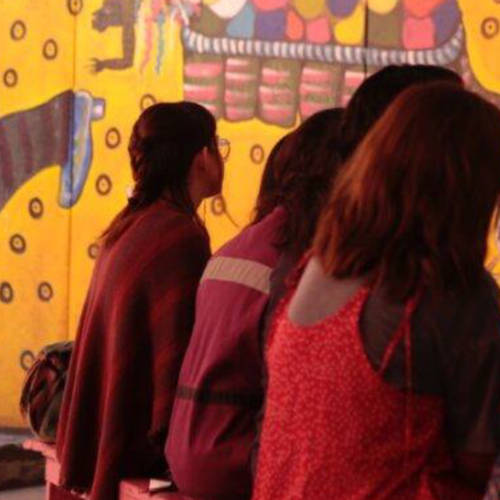The Protection Needs Overview (PNO) was prepared by the Technical Group of the Protection Working Group (PWG) in Mexico. The Technical Group was led by the Danish Refugee Council (DRC) and the International Rescue Committee (IRC), in their role as co-leaders of the PWG together with the United Nations High Commissioner for Refugees (UNHCR), with the active participation of Programa Casa Refugiados (PCR), the Institute for Women in Migration (IMUMI) and HIAS.
In Mexico, the humanitarian crisis related to mixed migration and internal displacement exposes an increasing number of people to multiple protection risks. Although there are no exact figures on the number of people affected, the scale of human mobility in the region and in Mexico can be understood through various other sources which reflect the needs of the population.
The analysis of possible future scenarios suggests a deterioration of the humanitarian situation in general and of the protection crisis in particular.
While protection risks vary across the country and between population groups, the Technical Group behind this Protection Needs Overview considered five priority issues for joint analysis in a process guided by the Protection Analytical Framework.
First, the threat of violence and insecurity, that encompasses different threats to the life and personal integrity of affected people
Second, access to documentation, as a factor that increases vulnerability among the affected population and reduces coping capacity
Third, refoulement and access to asylum, including the dynamics that particularly affect the specific rights of refugees.
Fourth, access to services and information, as aspects that can accentuate vulnerability or increase the capacity of people on the move; and fifth, arbitrary detention, as a deliberate deprivation of the right to personal liberty.

